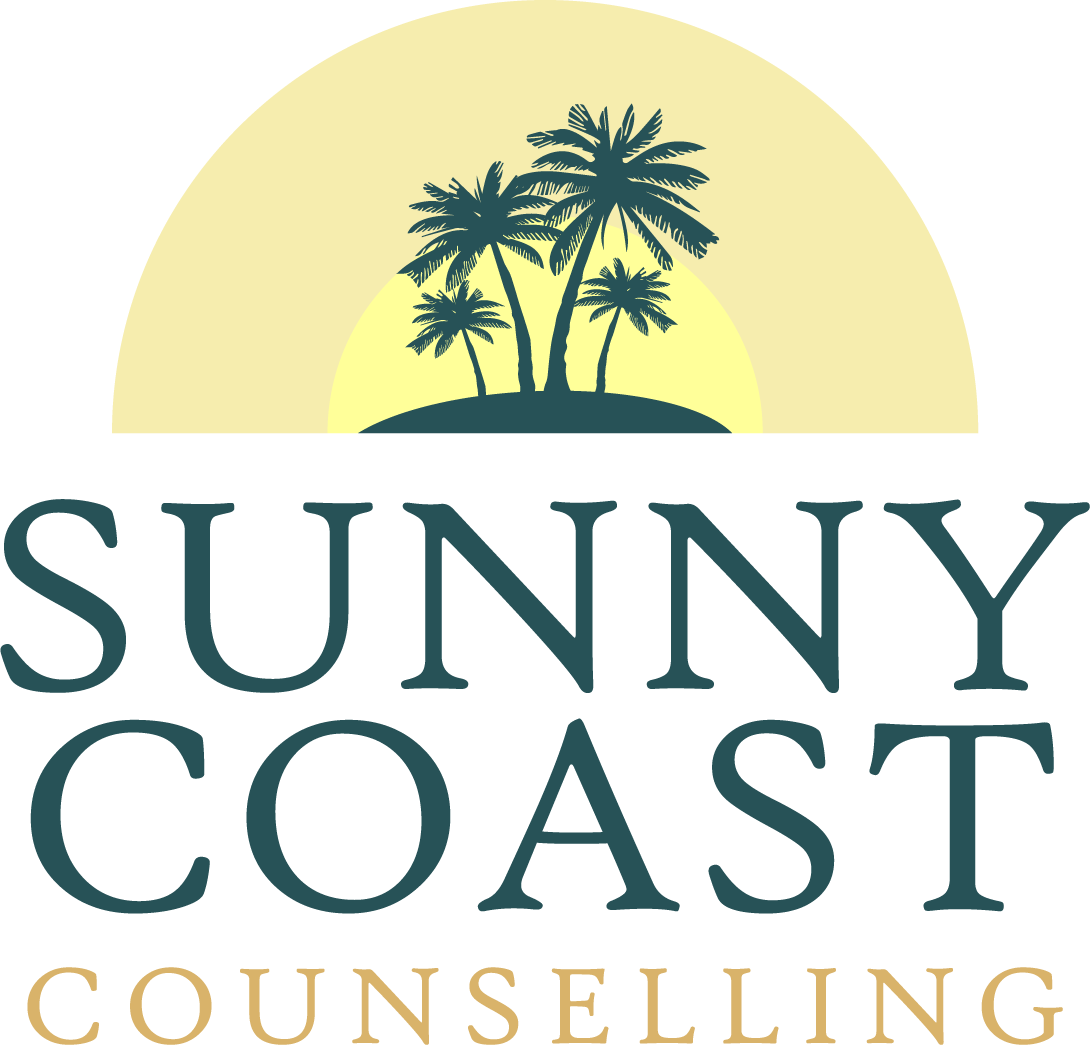Seeking counselling can be a daunting but incredibly rewarding step towards better mental health. However, it’s normal to have questions about the process. Here are the top ten questions people often ask about going to counselling:
1. What is counselling?
Counselling is a professional service that helps people cope with emotional or psychological issues. It involves talking to a trained therapist who can provide support, guidance, and strategies for managing difficulties.
2. How do I know if I need counselling?
It’s normal to feel unsure about whether counselling is right for you. If you’re struggling with emotions, thoughts, or behaviours that are impacting your daily life, relationships, or overall well-being, counselling could be beneficial.
3. What can I expect from a counselling session?
Counselling sessions are typically confidential and focused on your needs. Your therapist will listen attentively, provide a non-judgmental space to explore your thoughts and feelings, and work collaboratively with you to set goals and develop coping strategies.
4. How long does counselling take?
The length of counselling can vary depending on your needs and goals. Some people find a few sessions helpful, while others may benefit from longer-term support. Your therapist will work with you to determine the most appropriate duration.
5. How do I find the right counsellor?
Finding the right counsellor is essential for a positive experience. Consider factors such as their qualifications, experience, approach, and whether you feel comfortable and understood during your initial sessions.
6. Is counselling confidential?
Yes, counselling is confidential, which means that what you discuss with your therapist is kept private. However, there are some exceptions to confidentiality, such as if there is a risk of harm to yourself or others.
7. How much does counselling cost?
The cost of counselling can vary depending on factors such as location, therapist’s experience, and type of counselling. Some therapists offer sliding scale fees or bulk-billing options, so it’s worth exploring different options.
8. What if I don’t feel comfortable talking to a counsellor?
It’s normal to feel nervous or uncomfortable when starting counselling, especially if it’s your first time. Give yourself time to build trust with your therapist, and don’t hesitate to communicate your feelings and preferences.
9. Will counselling work for me?
Counselling is a highly individualized process, and its effectiveness can vary from person to person. However, many people find counselling beneficial in gaining insight, developing coping strategies, and improving their overall well-being.
10. How can I support someone who is considering counselling?
If someone you know is thinking about counselling, offer your support and encouragement. Listen empathetically, respect their decision-making process, and help them find resources or information if needed.
In conclusion, counselling can be a valuable resource for improving mental health and well-being. If you have more questions or are considering counselling, don’t hesitate to reach out to a qualified professional for guidance and support.
If you’d like to improve your well-being, you can book an appointment here.

